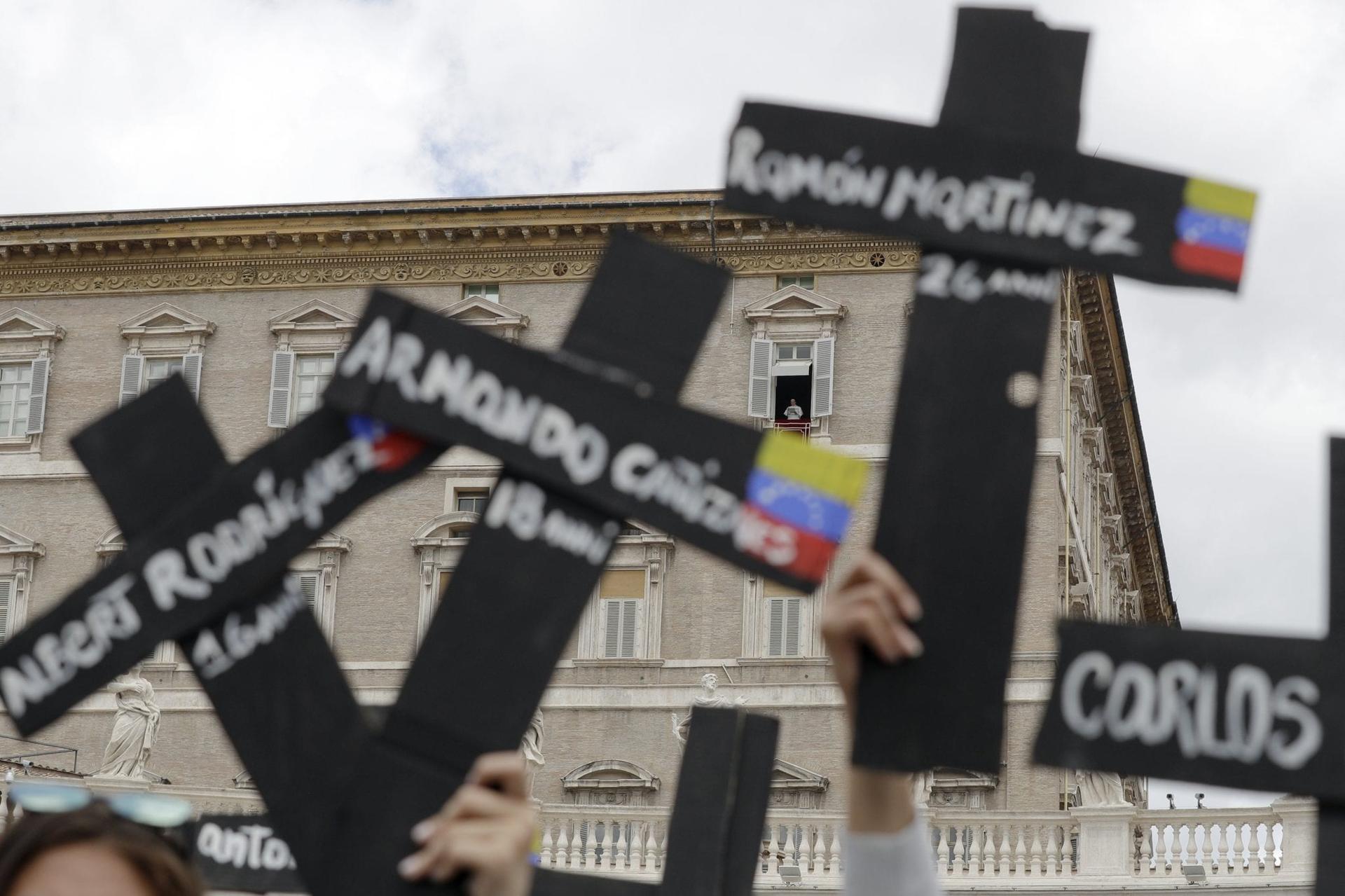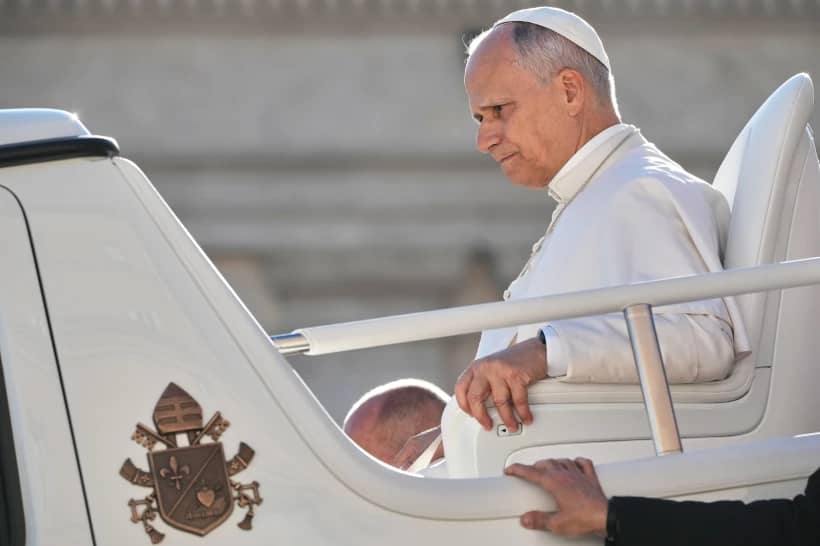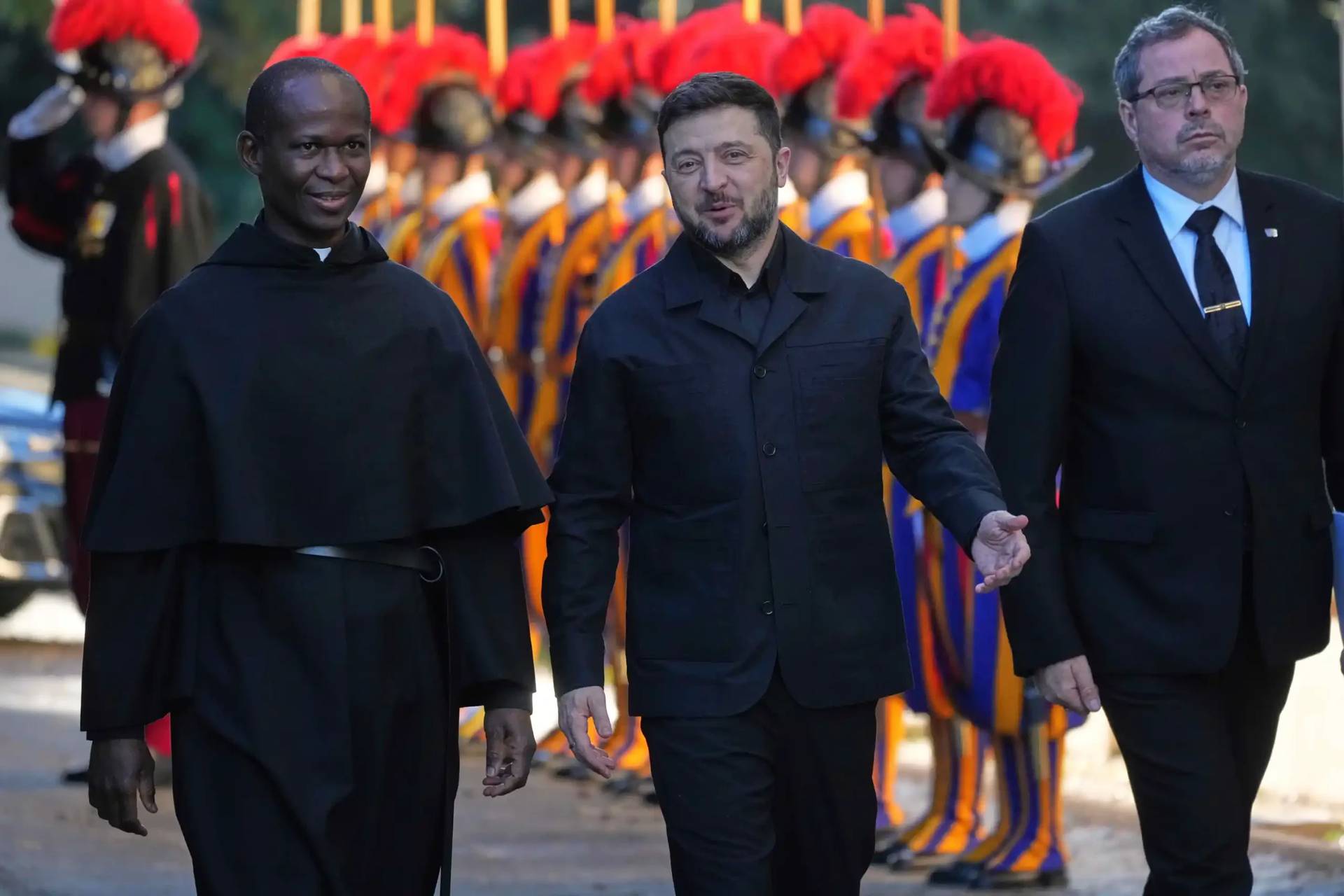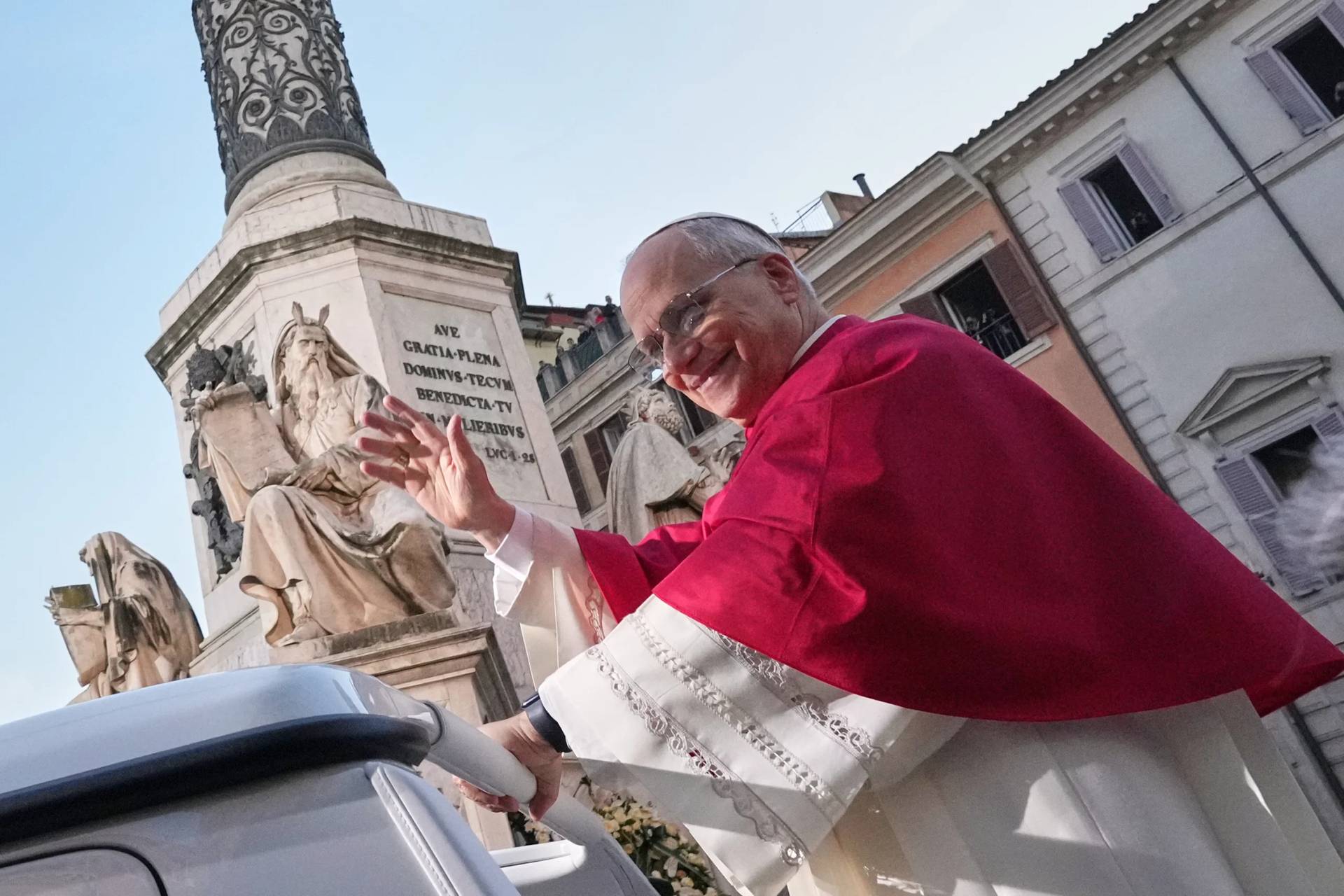ROME — In response to Venezuela’s violent riots, inflated prices, and political mistrust, Pope Francis urged the country’s bishops to continue promoting a culture of encounter.
“Dear brothers, I wish to encourage you to not allow the beloved children of Venezuela to allow themselves to be overcome by distrust or despair since these are evils that sink into the hearts of people when they do not see future prospects,” Pope Francis said in a May 5 letter to the bishops.
“I am persuaded that Venezuela’s serious problems can be solved if there is the desire to establish bridges, to dialogue seriously and to comply with the agreements that were reached.”
Riots have spiked in Venezuela in recent years, resulting from unemployment, food and medicine shortages, and President Nicolás Maduro’s authoritarian policies.
Price controls in 2003 caused inflation rates to sky rocket on basic necessities, barring the access of food and medicines to the people. Poor socialist policies have effected an estimated 160 products, and while they remain affordable on the shelf, they are soon swept off and sold on the black market at a triple digit inflation rate.
Violent riots have fluctuated since the death of the previous president Hugo Chavez in 2013, but gained even more traction after opposition leaders were arrested last year and Maduro made a grab for power by dissolving the legislature in March of this year.
Archbishop Ubaldo Santana of Maracaibo spoke gravely about the situation in an interview with Alpha and Omega news weekly earlier this year, calling it a “bloodbath of considerable proportions” fueled by riots and criminally charged activities.
“We’re talking about 30,000 people murdered a year, and if we don’t manage to find peaceful ways to understand each other, that number can increase.”
In the letter, the pope commended the pastors who have shared in the suffering of their flock.
“I also know that you, dear brothers, share the situation of your people, who along with the priests, consecrated women and men and the lay faithful are suffering for the lack of food and medicines, and that some have even endured personal attacks and acts of violent acts in your Churches.”
But hunger and lack of basic necessities have also fueled violence among the people and looting has notably increased. According to The New York Times, shopping carts full of food and other supplies were stripped from supermarkets and liquor stores during riots among poor and working class communities.
Opposition leaders have also struggled with the violent riots, trying to channel the political unrest into peaceful demonstrations, but even the peaceful protests have been greeted by rubber bullets and tear gas.
Archbishop Diego Padrón Sánchez of Cumaná, President of Venzeuala’s bishops’ conference, said the government “carried out violence with the various persecutions conducted against different opposition leaders” in response to peaceful protests late last year.
Venezuela is noted to be one of the most politically corrupt countries in Latin America, and anger recently arose after the Supreme Court attempted to strip legislative power from the National Assembly. The move was identified by the United States and the United Nations as a power grab by Maduro, whose supporters hold most of the seats on the court.
However, despite the political unrest the bishops have continuously called for people to avoid “any form of violence, to respect the rights of citizens and to defend and promote human dignity and fundamental rights,” Francis said.
“I urge you to continue doing everything necessary so that this difficult path may be possible, convinced that the communion among you and your priests will give you the light to find the right path.”













